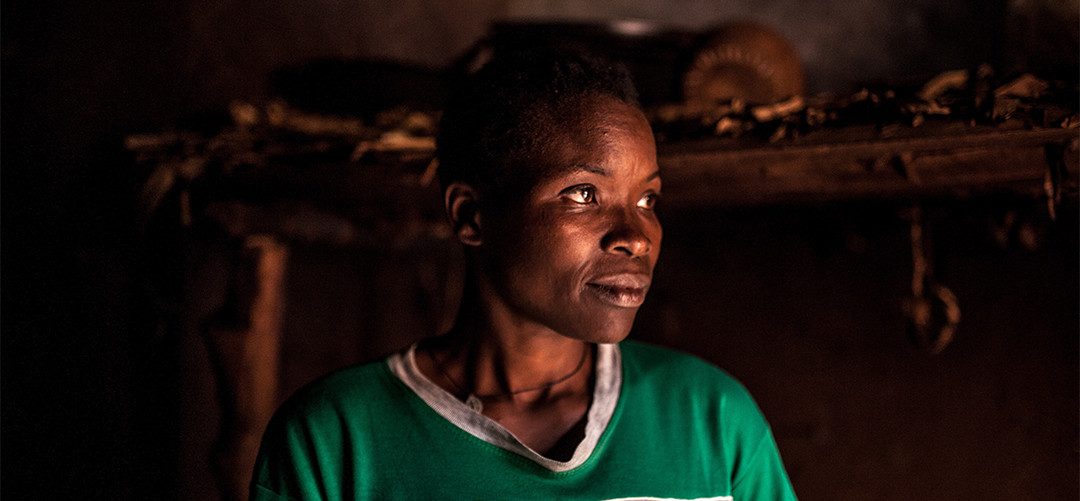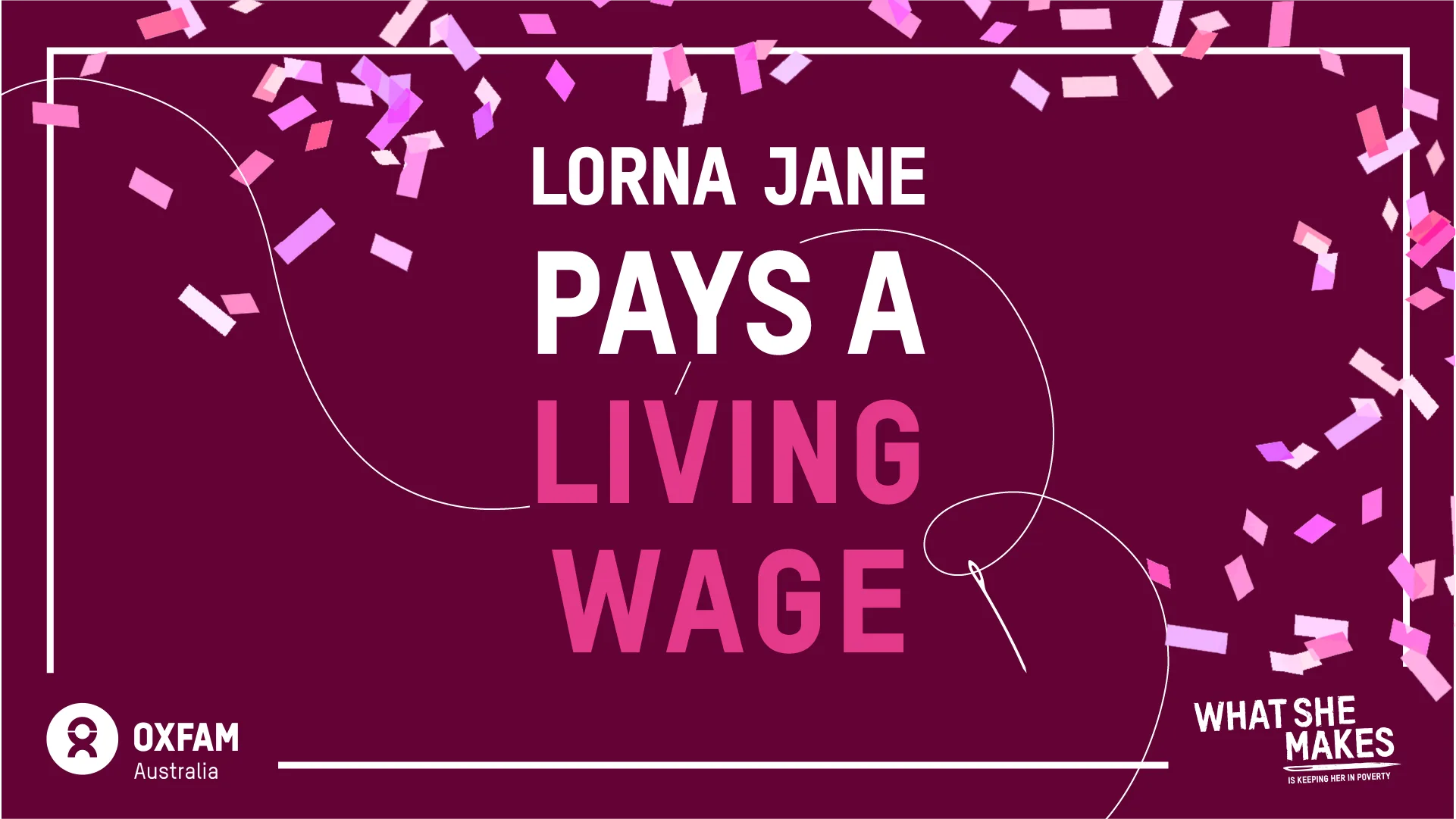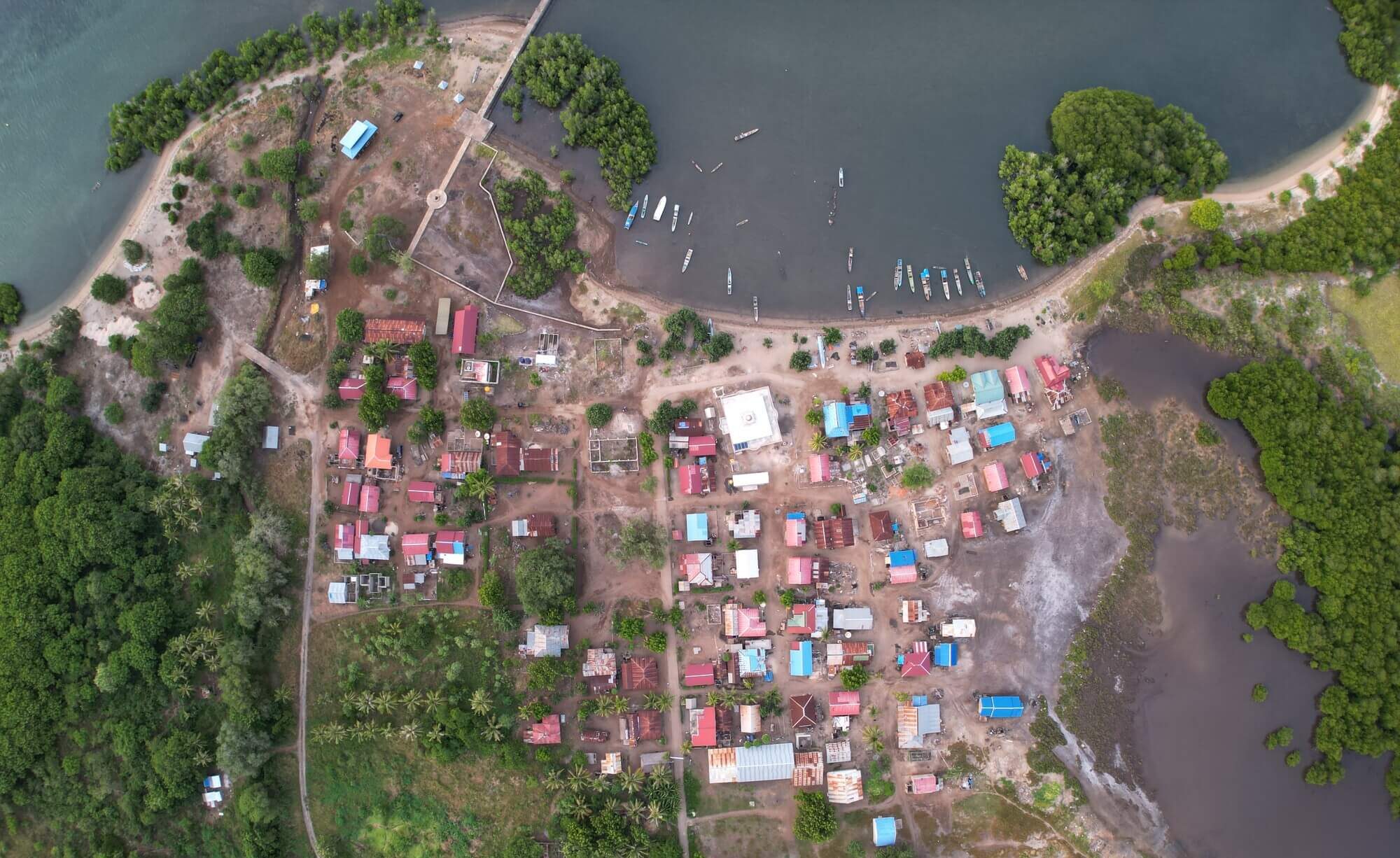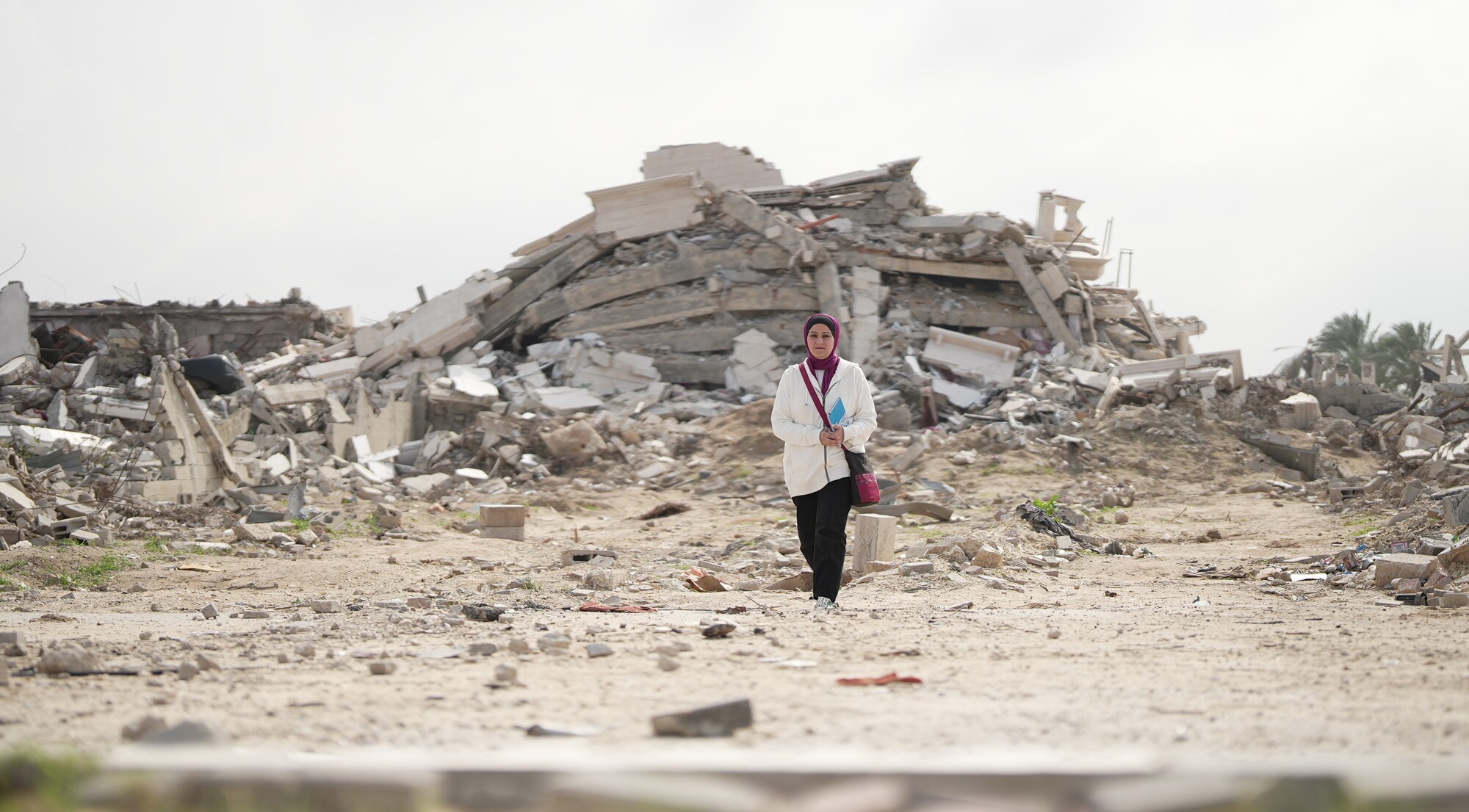Like all loving mothers, Epaphrodite (pictured above) wants the best for her children. She wants them to have nutritious food, good health and a decent education.
But Epaphrodite and her family live in Rwanda, one of the world’s poorest countries — a place where poverty is widespread and many struggle to make ends meet, surviving on less than $1.25 a day.
Against this backdrop of poverty and hardship, Epaphrodite and her husband struggle to raise a healthy family. They live in northern Rwanda, where most families rely on farming for food and income. But Epaphrodite spends so many hours each day slaving over their smoky, wood-fired stove, she has little time left to make a living.
“When I’m cooking with firewood, the food might take up to two hours to be ready … when it is ready, it has a bad smell,” she says.
“There is blackness on the walls from the cooking and the smoke — it damages everything. Everything is dirty.”
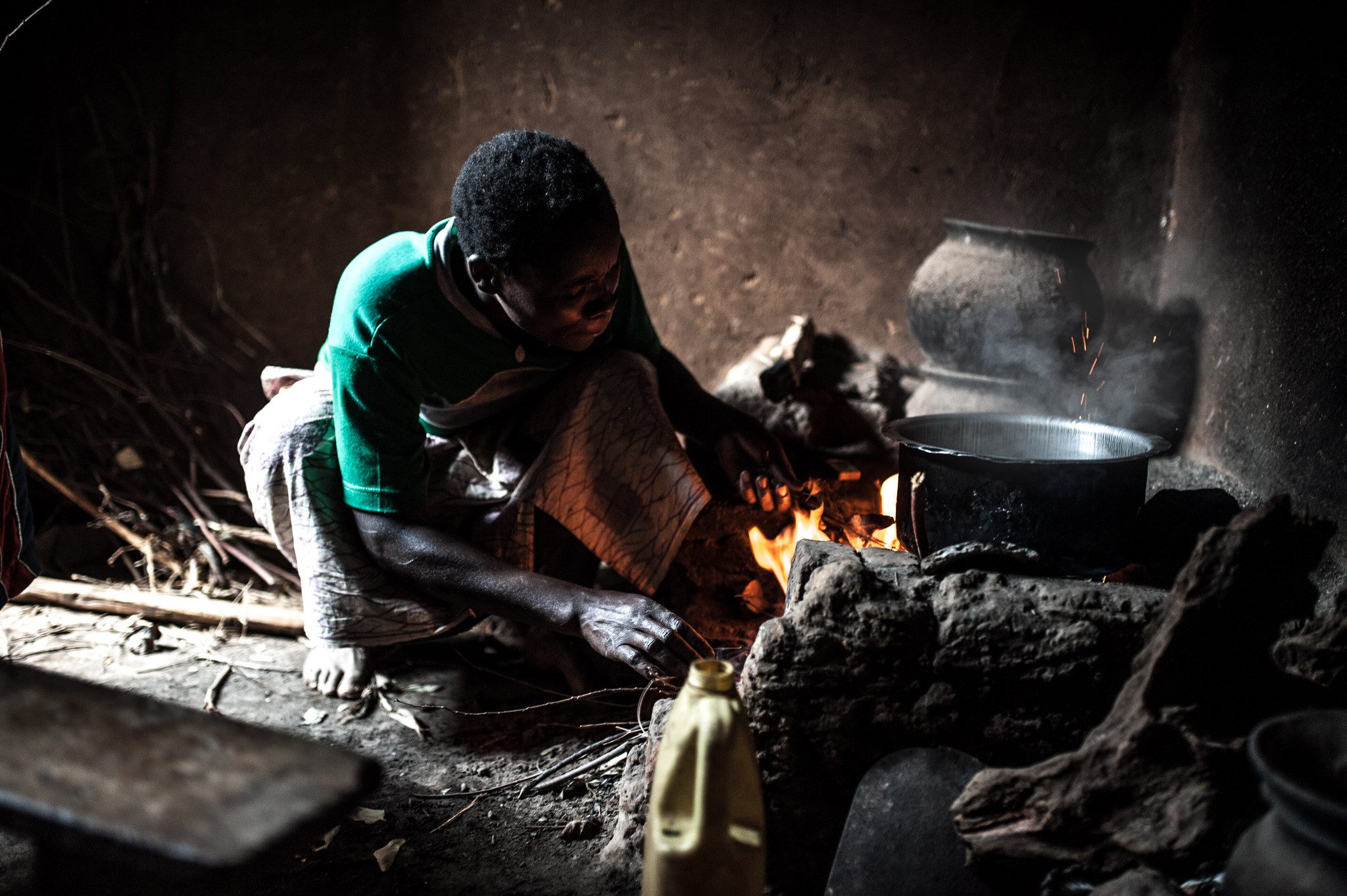
I worry I might also get diseases from that smoke. Very often when I’m cooking, I’m coughing, I have a headache — I get the flu from the smoke.”
— Epaphrodite, Rwanda
This dirty, laborious toil consumes time and energy that could otherwise be spent earning an income. And Epaphrodite is not the only one losing time to this gruelling daily chore — it also affects her 11-year-old daughter Delphine* (pictured below).
Each morning, Delphine leaves their family home at 8am to search for wood to fuel her mother’s stove. She returns by noon, balancing a bundle of twigs and branches on her head.
“Collecting firewood is not too challenging when you get the small sticks — but climbing trees is more difficult,” Delphine says.
Epaphrodite wishes Delphine didn’t have to spend so much time searching for firewood. She says, “Instead of collecting wood, the children should be studying. It really worries me. It worries me because there is no future for them if they don’t study.”
I would much rather be studying than collecting firewood.”
— Delphine, Rwanda
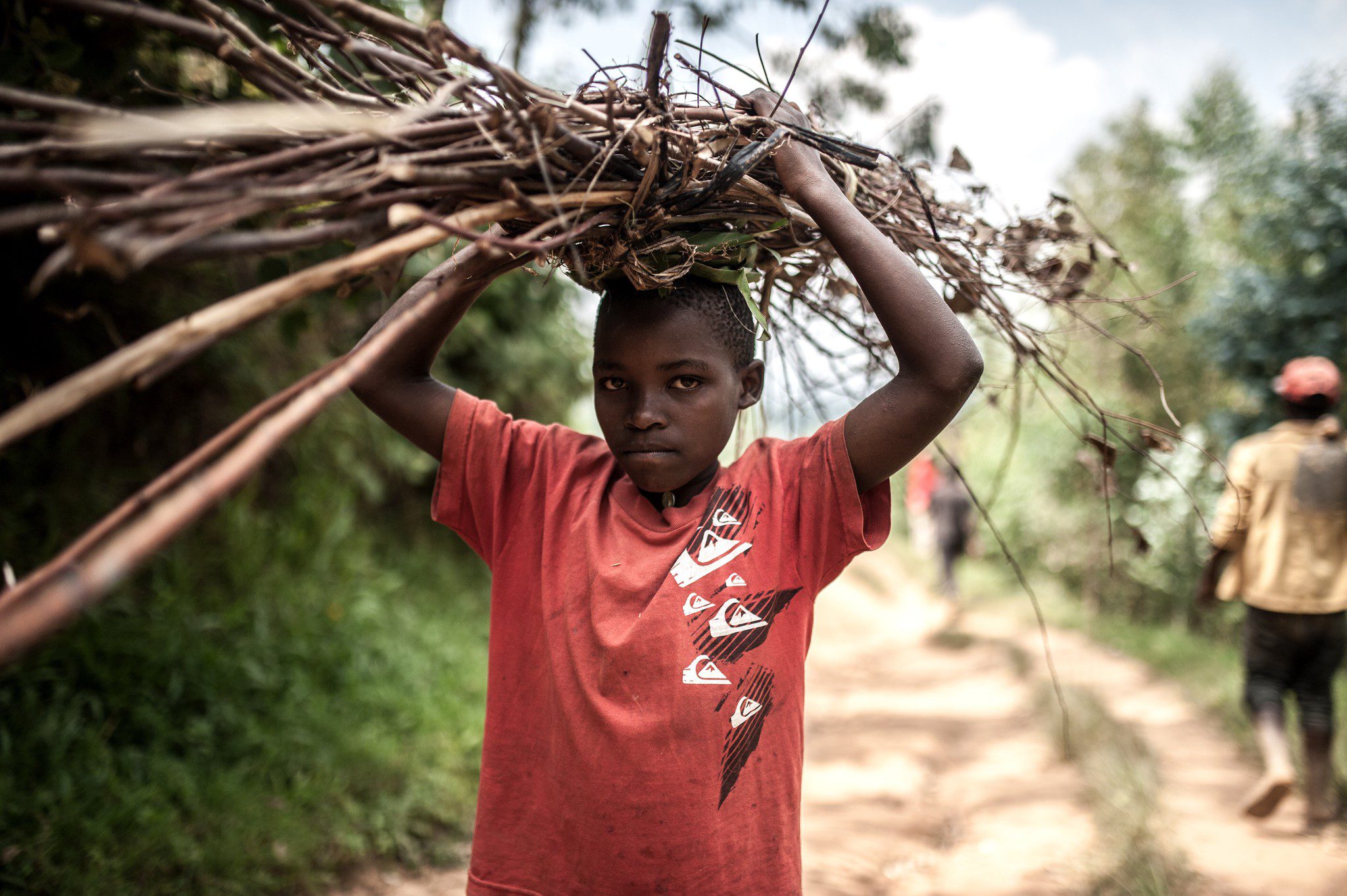
With frustration in her eyes, Epaphrodite adds, “I want them to have an education. Delphine is failing — she only got 25% on her exams.”
But sadly, firewood comes first for Delphine. She says, “There is a high chance that I can’t eat if I can’t find firewood.”
“Even if we have food in the house, we can go to bed on an empty stomach if we don’t have firewood to cook with,” Epaphrodite explains.
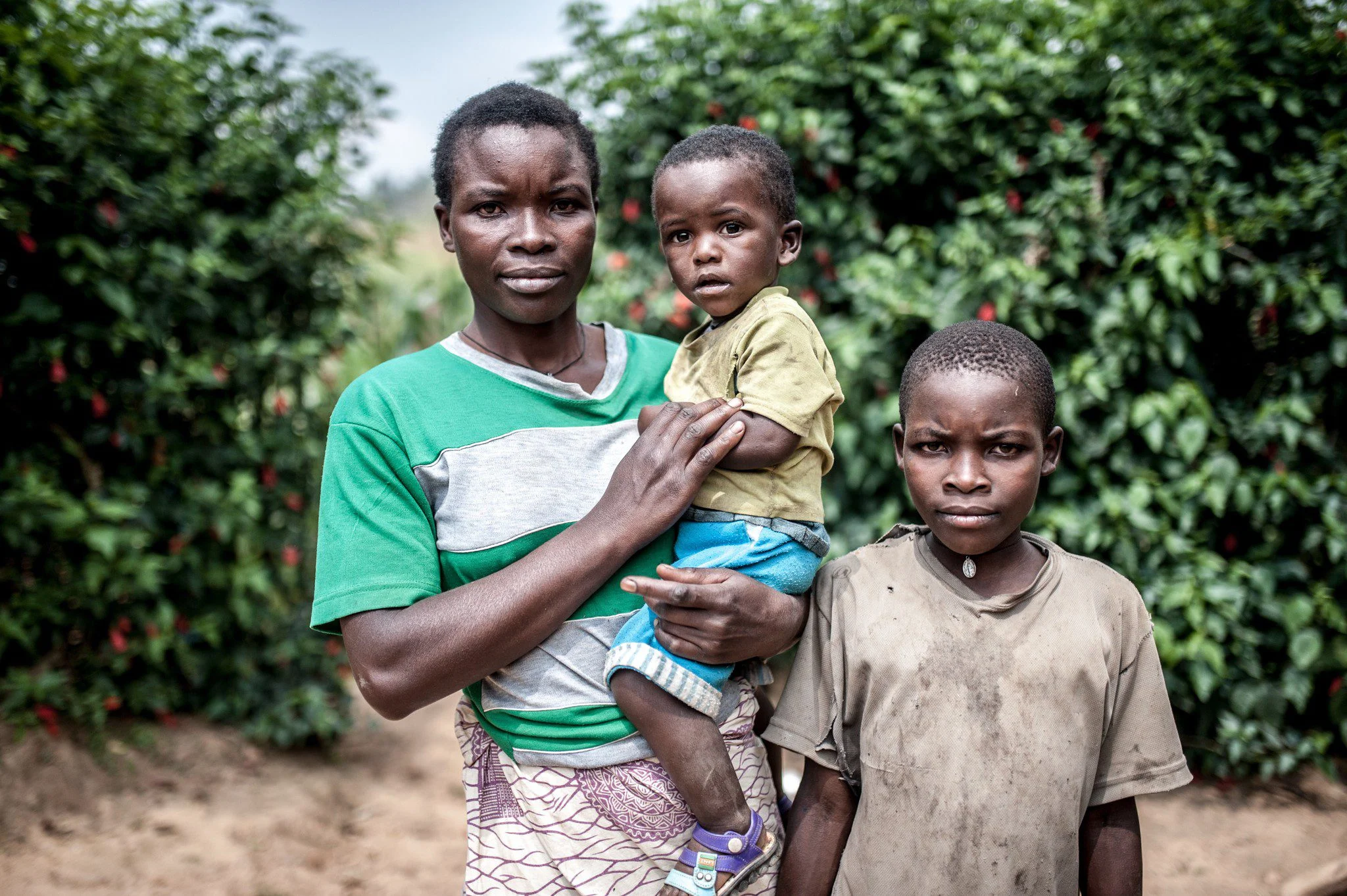
When we go to bed hungry, we don’t get sleep, we aren’t feeling good, we are not feeling comfortable.”
— Epaphrodite, Rwanda
Young Delphine is working when she should be learning. Her mother is stove-bound when she could be earning. And this is how the cycle of poverty repeats.
But we have found a simple yet remarkably effective solution that can help Rwandan families disrupt the cycle of poverty — it’s called biogas. This cheap, renewable energy alternative is extracted from pig manure, and it changes the way people use their time. Rather than waste hours each day searching for wood or labouring over smoky, old stoves, families with biogas can use their time for more rewarding activities, such as study and farming. See how it works here.
Life would be so different for Epaphrodite and her daughter if they could switch to biogas. Epaphrodite says, “I wish I had that biogas — I would be cooking and doing something else at the same time.”
If I weren’t collecting firewood, I would be studying.”
— Delphine, Rwanda
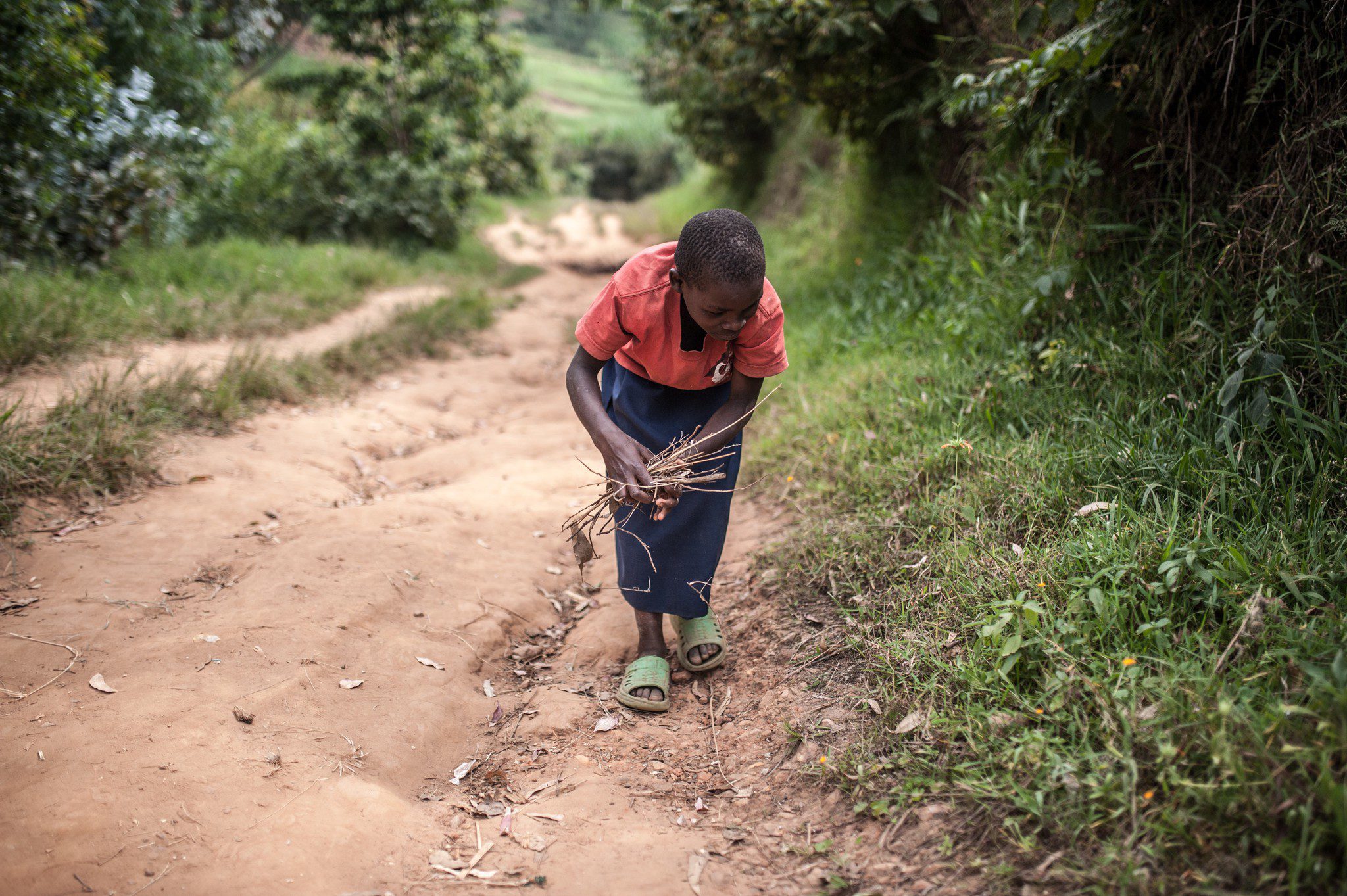
With your support, we can tackle poverty in Rwanda by liberating women like Epaphrodite and children like Delphine from the gruelling, time-consuming demands of needless toil. Please donate today to help ease the burden of poverty for Rwanda’s poorest families.
* Name changed to protect identity.

Donate to help end poverty in Rwanda
Your vital gift can help Oxfam provide vulnerable families in Rwanda with the skills and resources to lift themselves out of crippling poverty.
